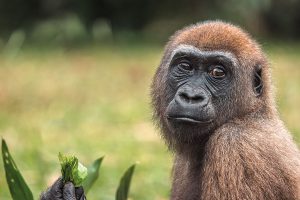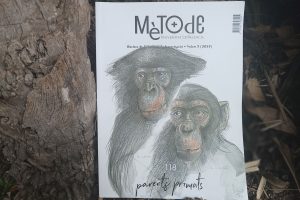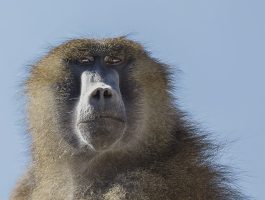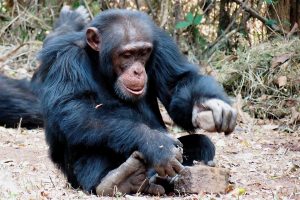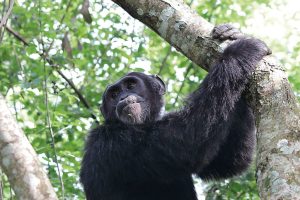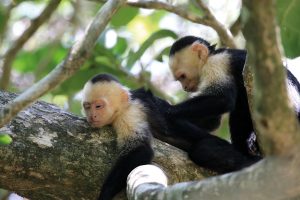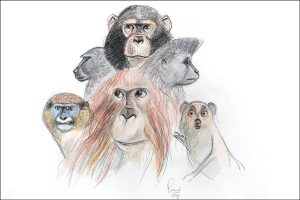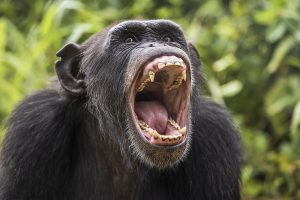Search
The pressure against poaching has increased, but the two species of gorillas (Gorilla gorilla and G.beringei) remain in critical danger. Now more than ever, the future of gorillas depends on us.
Monograph 118 is devoted to the study of cognitive and behavioural processes in primates.
Habitat loss and degradation is one of the main threats to primates. When protecting the environment, the cultural diversity of the population groups living in protected areas cannot be ignored, because the survival of biodiversity depends on the attitudes of these communities.
When did cumulative culture evolve in our lineage? This paper discusses how the field of experimental primate archaeology has contributed to this question by describing several stone-tool experiments conducted with great apes.
What are the hunting roles in chimpanzees? The available evidence suggests that they are capable of coordination between individuals, but it is unclear whether they can also share a common strategy.
Primates usually live in groups. Sociality provides primates with benefits like support and learning opportunities that ultimately increase their fitness.
The order Primates includes more than three hundred species, among which are us, human beings. Perhaps that is why we are so fascinated by their study.
Tomàs Marquès Bonet is a biologist and directs the Comparative Genomics Group at the Institute of Evolutionary Biology (CSIC-UPF), mainly dedicated to analysing and comparing the genome of primates in order to try to better understand the human genome.
The International Union for Conservation of Nature has listed them as «endangered». In particular, the West African subspecies – the one pictured here – is listed as «critically endangered».
Interview with Frans de Waal, Primatology professor at the University of Emory (Atlanta).
- 1
- 2

